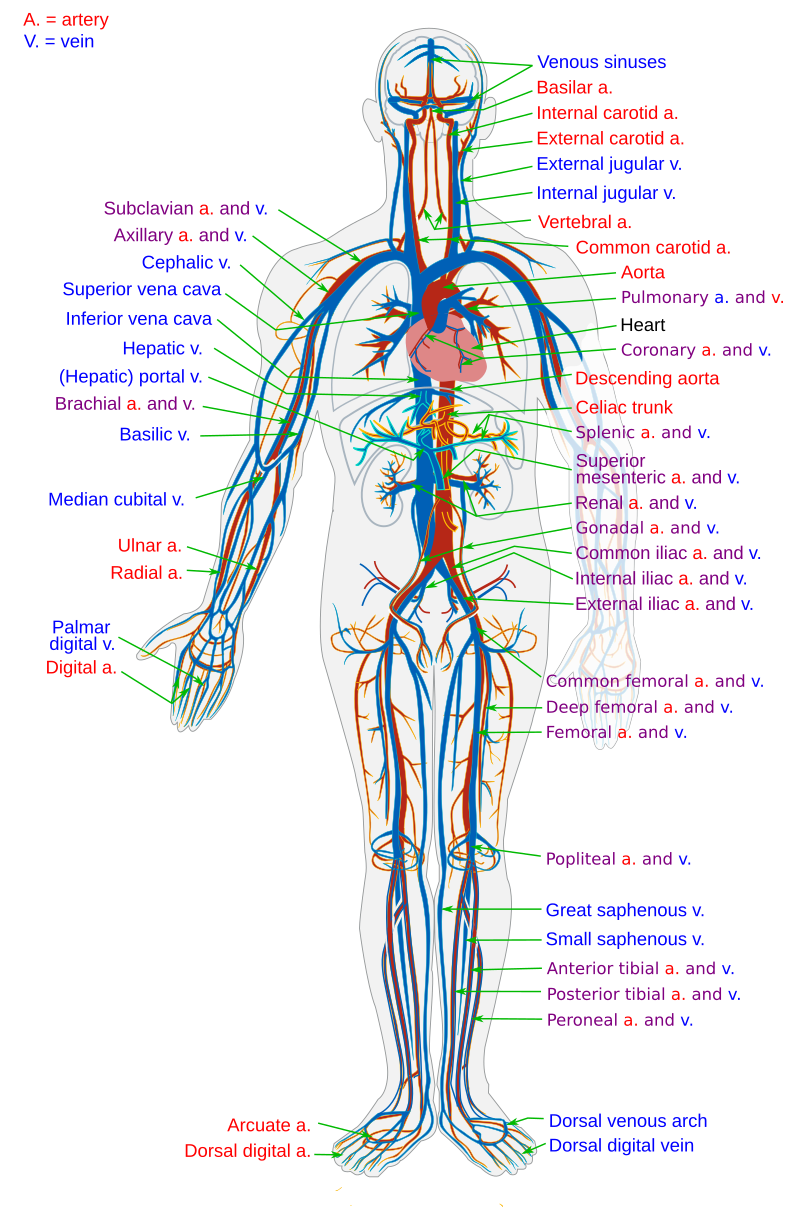Daily Habits That Undermine Heart Health: Cardiologists’ Insights

In a stark reminder that heart disease affects a broad spectrum of individuals, cardiologists have identified ten daily habits that silently increase cardiovascular risk across all demographics, not just older adults. This growing concern highlights the need for public awareness and lifestyle modifications to mitigate the rising incidence of heart conditions, especially in younger populations.
According to Dr. Vikrant Khese, a cardiologist at Apollo Clinic in Kharadi, heart disease is often misconceived as a risk exclusive to the elderly or visibly unfit individuals. He asserts, "Cardiovascular disease accumulates over years and can impact even young, seemingly healthy individuals. Factors such as genetics, stress, and lifestyle choices contribute significantly to this risk. Prevention is key."
The rising trend of heart-related issues in individuals under 50 years of age further emphasizes this point. Dr. Nitin Bote, an interventional cardiologist at K.J. Somaiya Hospital and Research Centre, notes, "We are observing more young patients, including women, presenting with early symptoms of heart disease. Stress, lifestyle changes, and hormonal fluctuations are prevalent culprits. Furthermore, there is a misconception that medication alone suffices for prevention; lifestyle modifications remain essential for long-term heart health."
### Daily Habits That Negatively Impact Heart Health
1. **Chronic Sleep Deprivation:** Insufficient sleep raises levels of stress hormones and blood pressure, putting strain on the heart. A 2010 study published in the *Journal of Clinical Sleep Medicine* found a link between sleep duration and the risk of coronary heart disease, with those sleeping five hours or less being at a significantly higher risk compared to those who sleep eight hours.
2. **Excessive Screen Time:** Prolonged use of mobile devices and televisions has been correlated with increased risks of coronary artery disease and heart failure due to a sedentary lifestyle. Research published in the *European Journal of Preventive Cardiology* (2019) highlights this connection, urging reduced screen time to promote physical activity.
3. **Constant Late-Night Snacking:** This habit disrupts metabolism and insulin levels, contributing to weight gain and cholesterol issues. Dr. Khese emphasizes that late-night eating can negatively impact cardiovascular health, as metabolic processes slow down at night.
4. **Irregular Meal Patterns:** Skipping meals or consuming large, irregular portions can lead to spikes in insulin levels and metabolic imbalances. Dr. Bote warns that maintaining a regular eating schedule is crucial for heart health.
5. **High Salt Intake:** Excessive sodium consumption is an often-overlooked risk factor for heart disease. Dr. Bote states, "Most individuals consume double the recommended daily intake of sodium, mainly through processed foods, leading to increased blood pressure and potential heart failure."
6. **High Sugar and Trans-Fat Consumption:** Diets high in sugar and unhealthy fats promote inflammation and negatively affect cholesterol levels. In a 2021 study published in the *American Journal of Cardiology*, researchers found a direct correlation between trans-fat intake and cardiovascular disease risk.
7. **Low Intake of Nutrient-Dense Foods:** A diet lacking in fruits, vegetables, and fiber deprives the body of essential antioxidants crucial for heart protection. Dr. Khese notes that nutrient-rich diets are vital for long-term cardiovascular health.
8. **Physical Inactivity:** Sedentary lifestyles can lead to adverse health outcomes, including hypertension and poor lipid profiles, irrespective of body weight. Dr. Bote emphasizes the importance of regular physical activity, stating, "Even moderate movement, such as walking, can significantly reduce cardiovascular risks."
9. **Unmanaged Chronic Stress:** Prolonged emotional stress can elevate blood pressure and disrupt hormonal balance, which adversely affects heart health.
10. **Skipping Routine Medical Checkups:** Preventive screenings are essential for early detection of cardiovascular issues. Dr. Bote stresses that regular health check-ups should commence after the age of 30 to identify potential problems before they escalate.
### Recommendations for Heart Health Improvement
In light of these findings, cardiologists recommend adopting simple, sustainable lifestyle changes. Incorporating more fiber-rich foods, reducing sugar intake, ensuring adequate sleep, managing stress, and engaging in regular physical activity can significantly lower the risk of developing heart disease. Regular health screenings are also crucial for early detection and intervention.
Dr. Bote concludes, "Heart disease is largely preventable. By being mindful of our daily habits and prioritizing heart health, we can significantly reduce the risks associated with cardiovascular conditions."
This call to action is vital as more individuals face the silent threat of heart disease, underscoring the importance of proactive health management.
Advertisement
Tags
Advertisement





